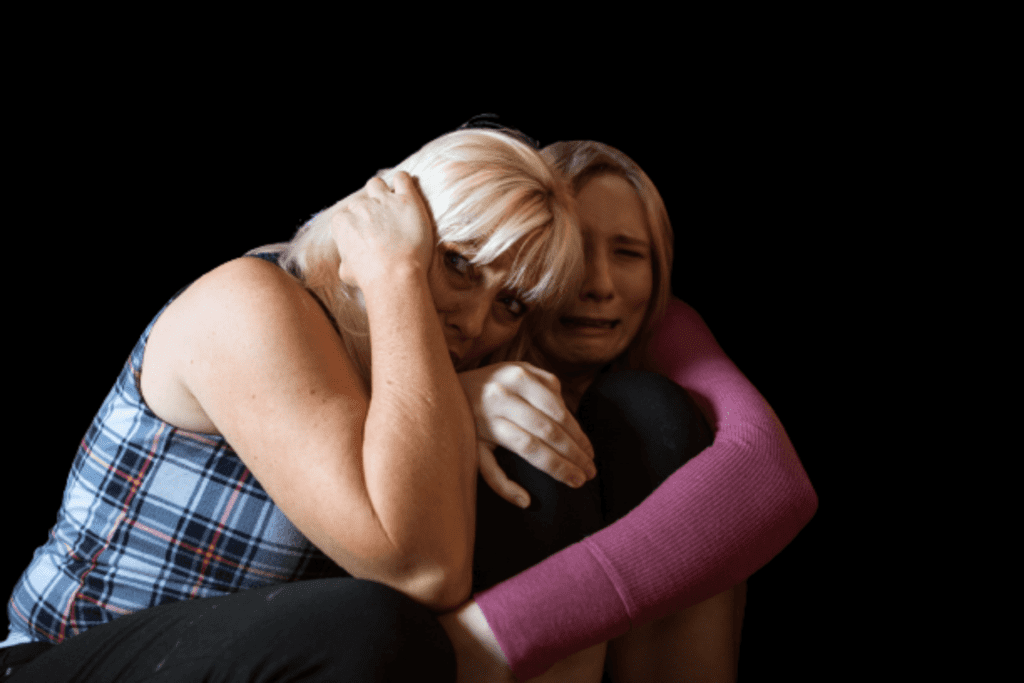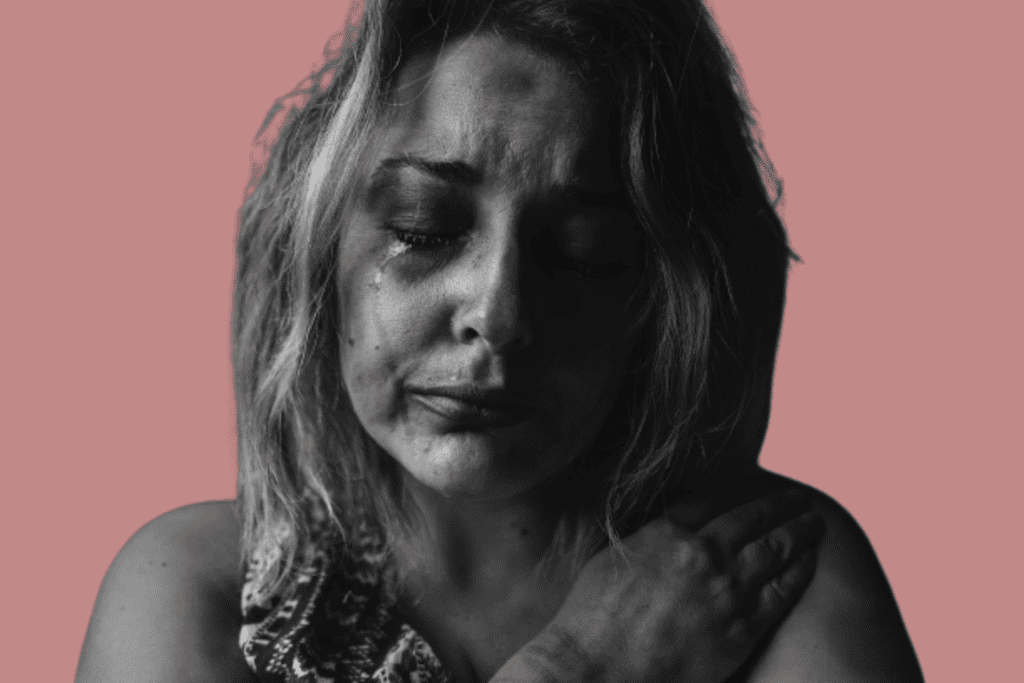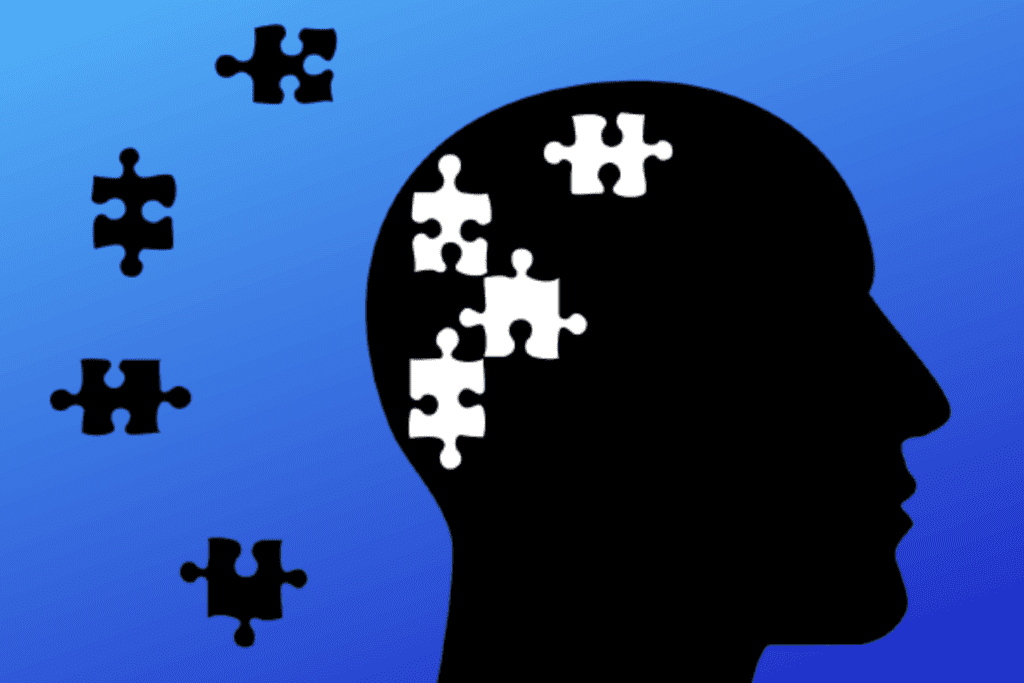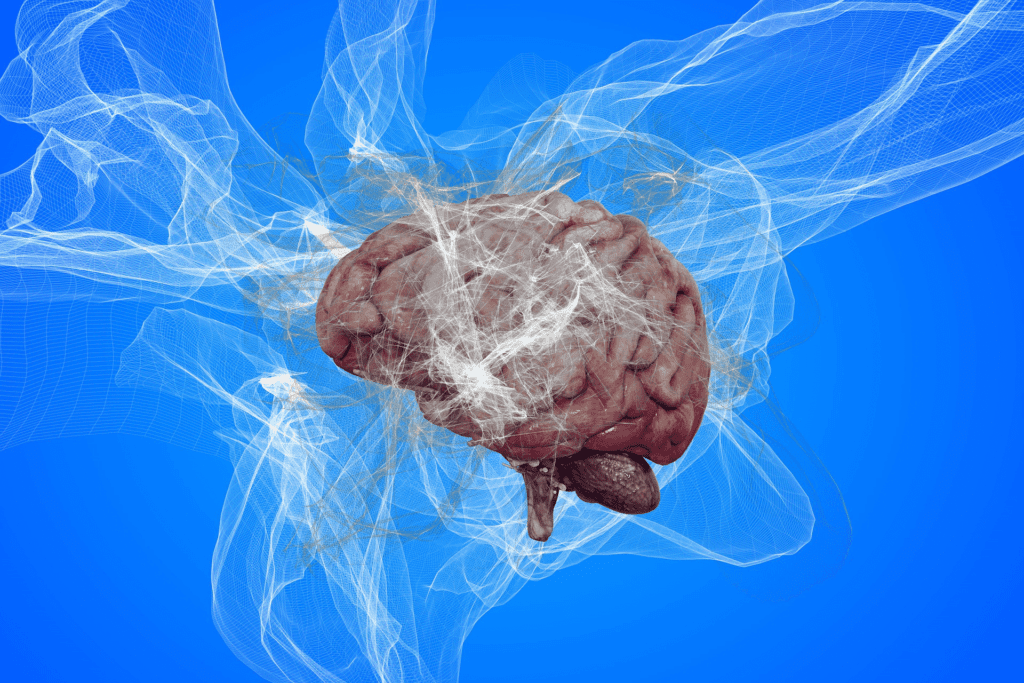Post-Traumatic Stress Disorder (PTSD) is a mental health condition that can occur in individuals who have experienced or witnessed a traumatic event. It can affect anyone, regardless of age, gender, or background. PTSD is a complex disorder that can significantly impact a person’s daily life, but with proper understanding, support, and treatment, individuals can find relief and recovery. This article aims to shed light on the symptoms, causes, and treatment options available for PTSD.
Table of Contents
ToggleSymptoms of Post-Traumatic Stress Disorder (PTSD)
The symptoms of PTSD can vary in intensity and duration from person to person. It’s important to note that symptoms may not appear immediately after the traumatic event, and they can manifest months or even years later. Here are some common symptoms of PTSD:

Intrusive Memories
People with PTSD often experience recurrent, distressing memories of the traumatic event. These memories can be in the form of vivid flashbacks, nightmares, or intrusive thoughts that can feel as if they’re reliving the event. The person may also experience intense emotional or physical reactions when reminded of the traumatic event.
Avoidance
Individuals with PTSD may try to avoid anything that reminds them of the traumatic event. This can involve avoiding certain places, people, activities, or even discussions related to the trauma. They may also distance themselves emotionally, feeling numb or detached from others and their own emotions.
Hyperarousal
Hyperarousal refers to a constant state of heightened alertness and vigilance. People with PTSD may feel irritable, easily startled, and have difficulty concentrating or sleeping. They may also experience hypervigilance, always being on the lookout for potential danger, which can lead to a sense of constant anxiety or fear.
Negative Mood and Beliefs
PTSD can significantly impact a person’s mood and outlook on life. They may experience persistent negative emotions such as sadness, guilt, shame, or anger. They may also develop negative beliefs about themselves, others, or the world, such as feelings of mistrust, hopelessness, or a distorted sense of blame.
Changes in Emotional and Physical Reactivity
Individuals with PTSD may exhibit exaggerated emotional and physical responses. They may have difficulty regulating their emotions, experiencing outbursts of anger or irritability. They might also engage in self-destructive behaviors, engage in reckless actions, or engage in self-medication with drugs or alcohol.
Cognitive and Memory Difficulties
PTSD can affect cognitive functioning, leading to problems with memory, attention, and concentration. The person may have difficulty recalling specific details of the traumatic event or have gaps in their memory. They may also experience difficulties with decision-making and problem-solving.
Relationship and Social Challenges
PTSD can strain relationships with family, friends, and coworkers. The individual may withdraw from social interactions, have difficulty trusting others, or have problems with intimacy. They may also experience feelings of isolation or have difficulties maintaining employment or engaging in daily activities.
Causes of Post-Traumatic Stress Disorder (PTSD)

Post-Traumatic Stress Disorder (PTSD) can develop as a result of exposure to a traumatic event or series of traumatic events. While not everyone who experiences trauma develops PTSD, certain factors can increase the likelihood of its development. The causes of PTSD can be multifaceted and include:
Traumatic Events
The most common cause of PTSD is experiencing or witnessing a traumatic event. These events can vary widely and may include natural disasters, acts of violence, physical or sexual assault, military combat, serious accidents, or the sudden loss of a loved one. The severity, duration, and proximity to the individual can influence the likelihood of developing PTSD.
Personal Vulnerability
Certain personal factors may contribute to the development of PTSD. For example, individuals who have a history of previous trauma, such as childhood abuse or neglect, may be more susceptible to developing the disorder. Additionally, individuals with pre-existing mental health conditions, such as anxiety or depression, may be at a higher risk of developing PTSD after a traumatic event.
Biological Factors
There is evidence to suggest that biological factors can play a role in the development of PTSD. Studies have found that individuals with a family history of anxiety or mood disorders may be more prone to developing the disorder. Additionally, researchers have identified potential genetic markers and neurochemical imbalances that could contribute to an individual’s vulnerability to PTSD.
Lack of Social Support
The presence or absence of social support following a traumatic event can impact the development of PTSD. Individuals who have limited social support networks or experience a lack of understanding and empathy from others may be more susceptible to developing the disorder. Conversely, those with strong social support systems and access to resources may be better equipped to cope with and recover from trauma.
Coping Mechanisms and Resilience
The ability to cope with and adapt to traumatic experiences can influence the development of PTSD. Individuals who have effective coping mechanisms, such as problem-solving skills, social support, and healthy emotional regulation, may be more resilient and less likely to develop the disorder. On the other hand, those who have limited coping strategies or a history of maladaptive coping mechanisms, such as substance abuse, may be at higher risk.
Brain and Neurochemical Changes
Traumatic experiences can affect the brain and neurochemical systems involved in regulating stress responses. Research has shown that exposure to trauma can lead to changes in the amygdala (the brain region responsible for processing emotions) and the hippocampus (the brain region involved in memory and learning). These changes can contribute to the development of PTSD symptoms.
Treatment of Post-Traumatic Stress Disorder (PTSD)

Early diagnosis and intervention are crucial for managing PTSD effectively. The following treatment options have shown positive results in helping individuals cope with their symptoms and regain control of their lives.
Psychotherapy/Counseling
Psychotherapy is often the primary treatment approach for PTSD. Various forms of therapy can be effective, including cognitive-behavioral therapy (CBT), exposure therapy, and eye movement desensitization and reprocessing (EMDR). These therapies aim to help individuals process traumatic memories, challenge negative thought patterns and beliefs, and develop healthy coping strategies. Through regular sessions with a trained therapist, individuals can gradually reduce their symptoms and regain control over their lives.
Medication
While medication alone may not eliminate PTSD, it can be beneficial in managing certain symptoms such as anxiety, depression, and sleep disturbances. Selective serotonin reuptake inhibitors (SSRIs) and serotonin-norepinephrine reuptake inhibitors (SNRIs) are commonly prescribed antidepressants that can help alleviate PTSD symptoms. It’s important to note that medication should always be prescribed and monitored by a qualified healthcare professional.
Eye Movement Desensitization and Reprocessing (EMDR)
EMDR is a specific type of therapy designed to help individuals process traumatic memories and reduce associated distress. It involves bilateral stimulation, typically through eye movements, while recalling traumatic experiences. EMDR helps desensitize the distressing emotions and thoughts associated with the trauma and promotes the integration of adaptive coping mechanisms.
Group Therapy
Group therapy can be an effective treatment option for individuals with PTSD. Sharing experiences and connecting with others who have gone through similar traumatic events can provide a sense of validation, support, and community. Group therapy sessions are facilitated by a trained therapist who guides participants in processing their experiences, learning coping skills, and fostering a sense of resilience.
Self-Care Strategies
Engaging in self-care practices can be an essential part of managing and recovering from PTSD. This can include regular exercise, practicing relaxation techniques such as deep breathing and meditation, maintaining a healthy diet, ensuring adequate sleep, and avoiding alcohol and substance abuse. Engaging in activities that bring joy and relaxation, such as hobbies, art, or spending time in nature, can also help reduce stress and promote well-being.
It’s crucial to remember that the treatment of PTSD is not a one-size-fits-all approach. Each individual may respond differently to various treatment modalities, and a combination of approaches may be necessary. Seeking help from mental health professionals who specialize in trauma and PTSD is crucial to develop an individualized treatment plan that addresses the specific needs and circumstances of each person.
Conclusion
Post-Traumatic Stress Disorder is a challenging condition that can significantly impact a person’s life. Recognizing the symptoms and seeking professional help is crucial for diagnosis and treatment. It is essential to remember that with the right support and treatment, individuals with PTSD can experience relief and lead fulfilling lives. If you or someone you know is struggling with PTSD, reach out to a mental health professional to explore available treatment options and embark on the journey to recovery. Remember, healing is possible, and no one has to face PTSD alone.
Read next: Fear: Types, Symptoms, Causes, and Treatment
References
https://www.nimh.nih.gov/health/topics/post-traumatic-stress-disorder-ptsd
https://www.mind.org.uk/information-support/types-of-mental-health-problems/post-traumatic-stress-disorder-ptsd-and-complex-ptsd/symptoms/
https://www.nhs.uk/mental-health/conditions/post-traumatic-stress-disorder-ptsd/causes/
https://www.webmd.com/mental-health/what-are-treatments-for-posttraumatic-stress-disorder




